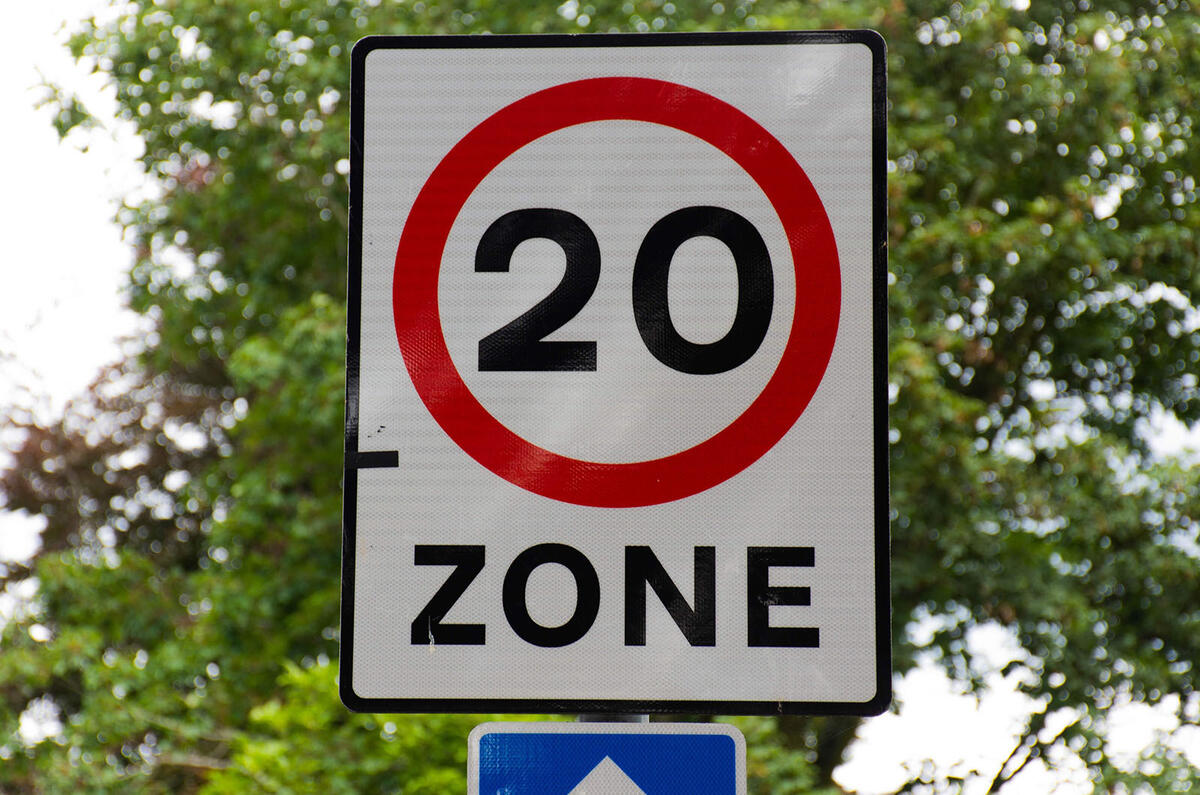Wales has become the UK’s first nation to lower speed limits in built-up areas from 30mph to 20mph by default, in a bid to cut traffic collisions and reduce noise.
Ministers hope it will also encourage more motorists to either walk or cycle.
However, following trials across the country, many drivers have blasted the slower speeds for increasing congestion and journey times.
Scores of towns and cities across the UK already impose 20mph limits on residential roads, but they have to approve individual applications to lower it from the default 30mph.
But if new legislation is passed by the government later today, Wales will become the first country to impose 20mph as the standard speed limit in these busy areas.
These areas are detailed in official documents as restricted roads, in residential areas and busy pedestrian streets, where streetlights are less than 200 yards apart.
Anyone caught speeding could face a minimum £100 fine and three penalty points.
Scotland has already confirmed that it will follow suit in 2025.
"We know that 20mph zones reduce speed of traffic, reduce accidents - particularly accidents to children," Welsh First Minister Mark Drakeford told the BBC.
"We want to see that become the default position right across Wales."
The Welsh government’s move has been backed by Labour and Plaid Cymru.
"We're united in our belief that this change will bring about a reduction in road collisions and their severity, while creating more opportunities to walk and cycle in communities," said Plaid Cymru's transport spokeswoman, Delyth Jewell.
"A 20mph speed limit in built-up areas will allow us to work toward providing convenient, safe, pedestrian access to the places people need to go."
Campaign groups are also backing the move. They argue that the chances of survival are seven times higher following a collision at 20mph rather than 30mph. Stopping distances are also halved.
Yet in response to a Welsh government-commissioned consultation, more people were against the speed limit than for it.
As a result, local authorities will be able to make exceptions to the limit after the government acknowledged that it “won’t be appropriate everywhere”.








Join the debate
Add your comment
The reason that they are able to do all this is that 5G based surveillance cameras and speed monitoring equipment is available "online" and can now be implemented in remote locations that have an existing mobile phone network.
If they built cars with AI that read the speed signs the car could stop them going any faster no matter how hard they pressed the pedal!
Speed limits don't cause accidents, it's the drivers that do, as mentioned inattentive ones, the ones that ignore the limits, at night some of these roads become a race track for boy racers, you see the videos of them racing and think, what a charmed life they lead, nobody thinks about consequences of speeding, that a person or animal might die, if your travelling for work there will be days when you will get delays, if people can't accept that then leave earlier, your bound to know which days the roads are busier, plus, if you just relax, take a breath do what your supposed to do, stay a safe distance if you can from the vehicle in front, on Motorways try to keep a space all around you, that way if any happens you might have an escape route, it's a matter of accepting not moaning about it, less noise, pollution,safer for pedestrians etc.